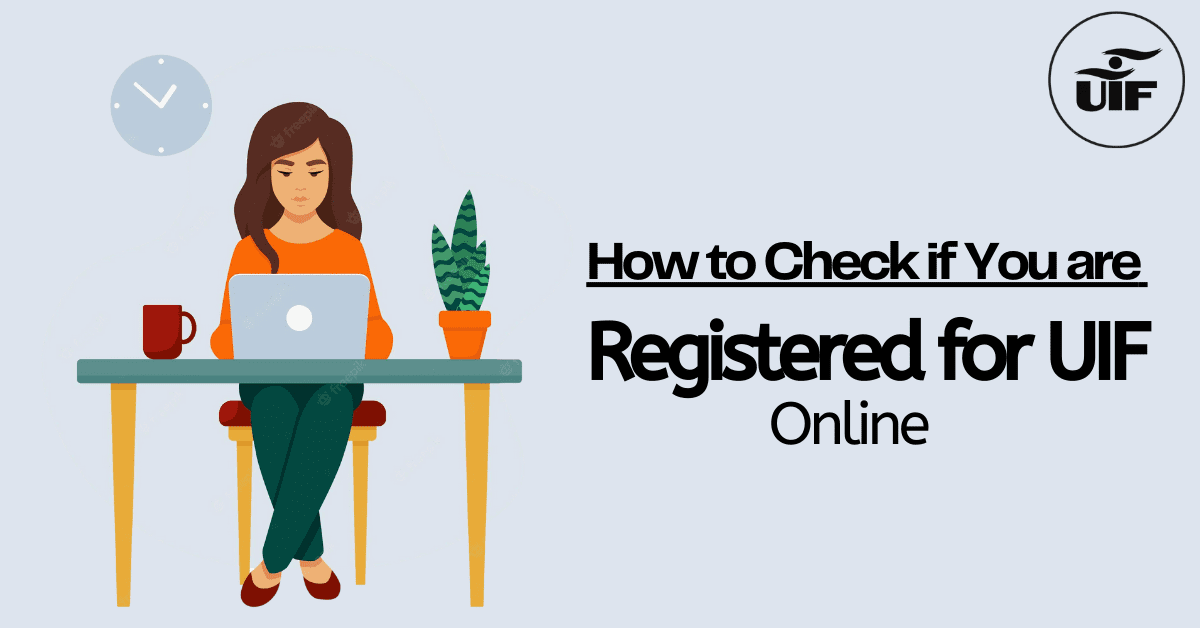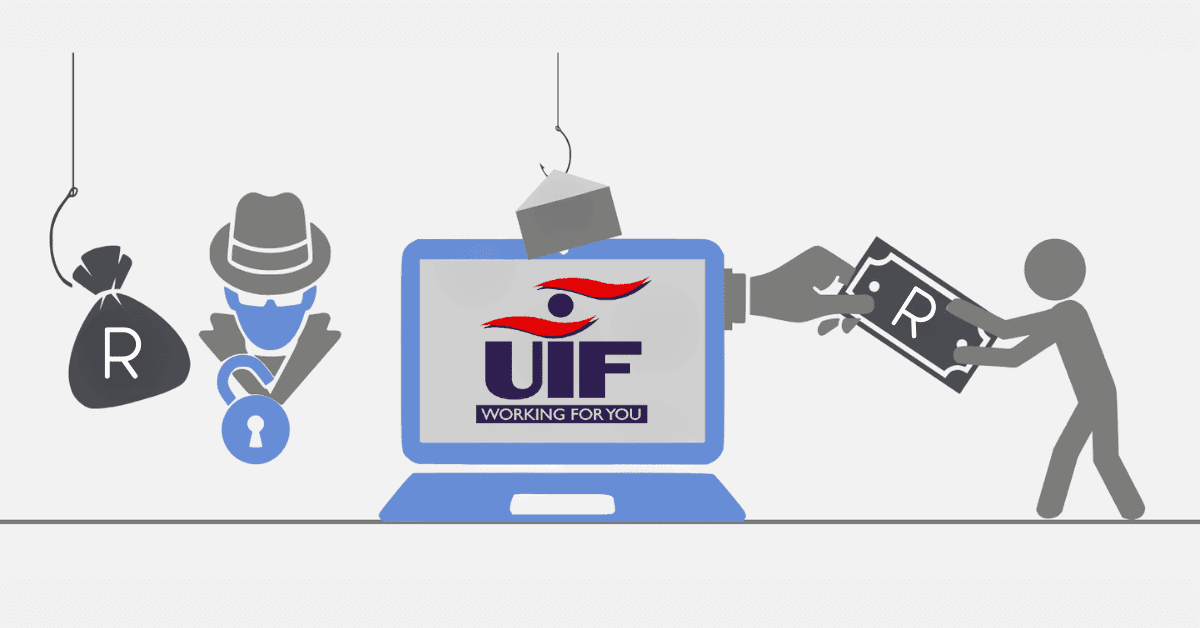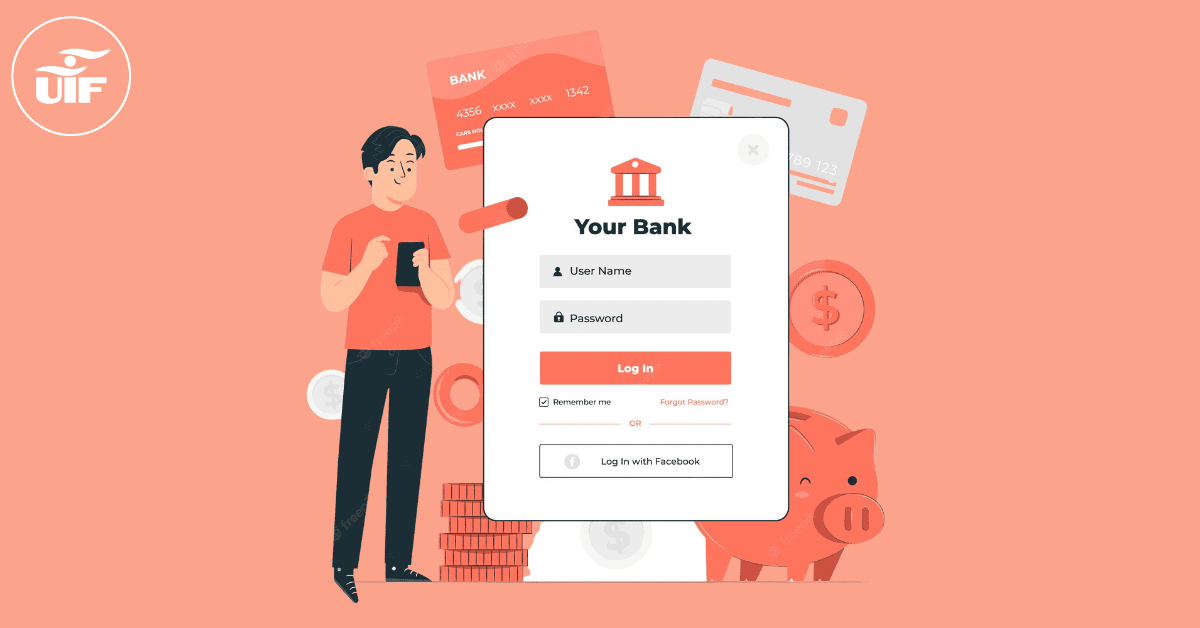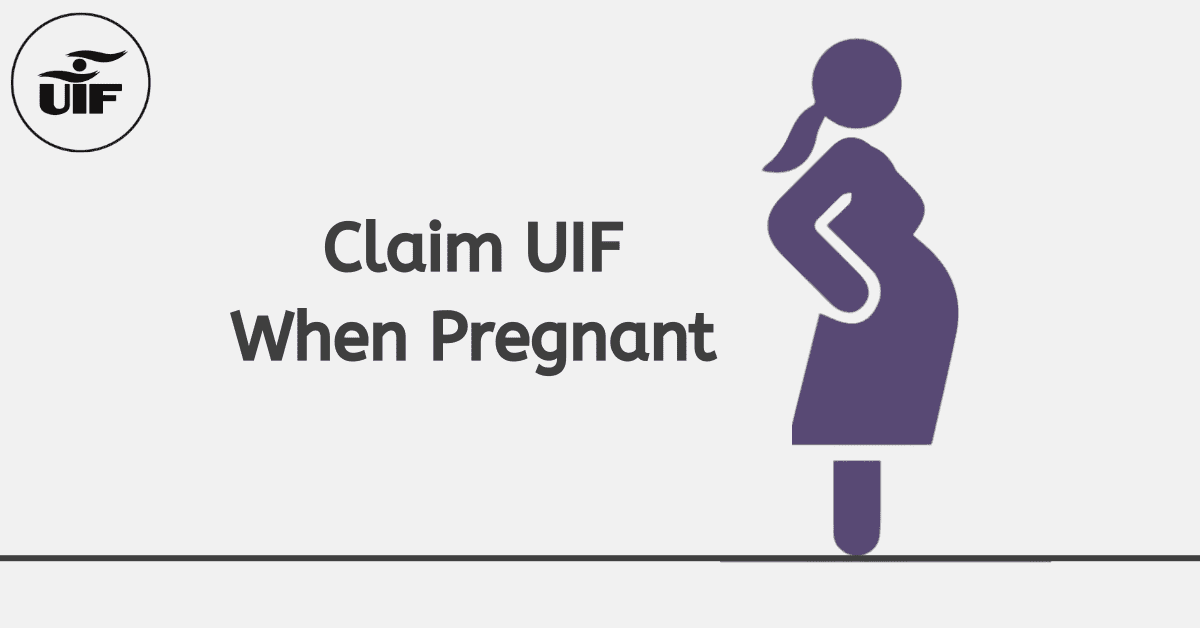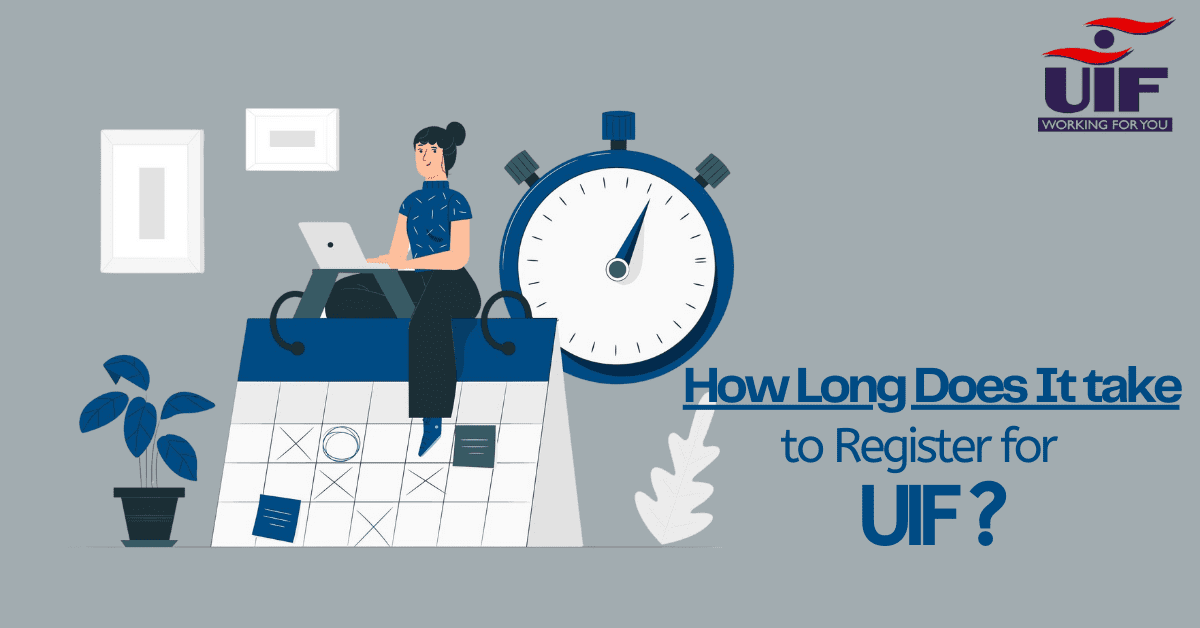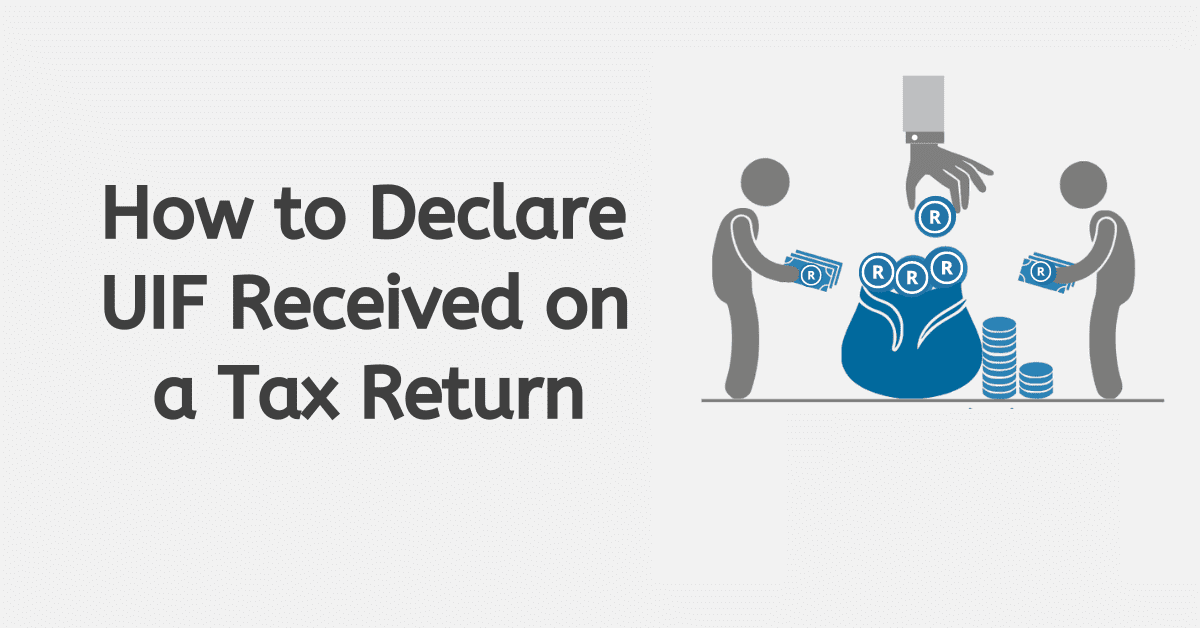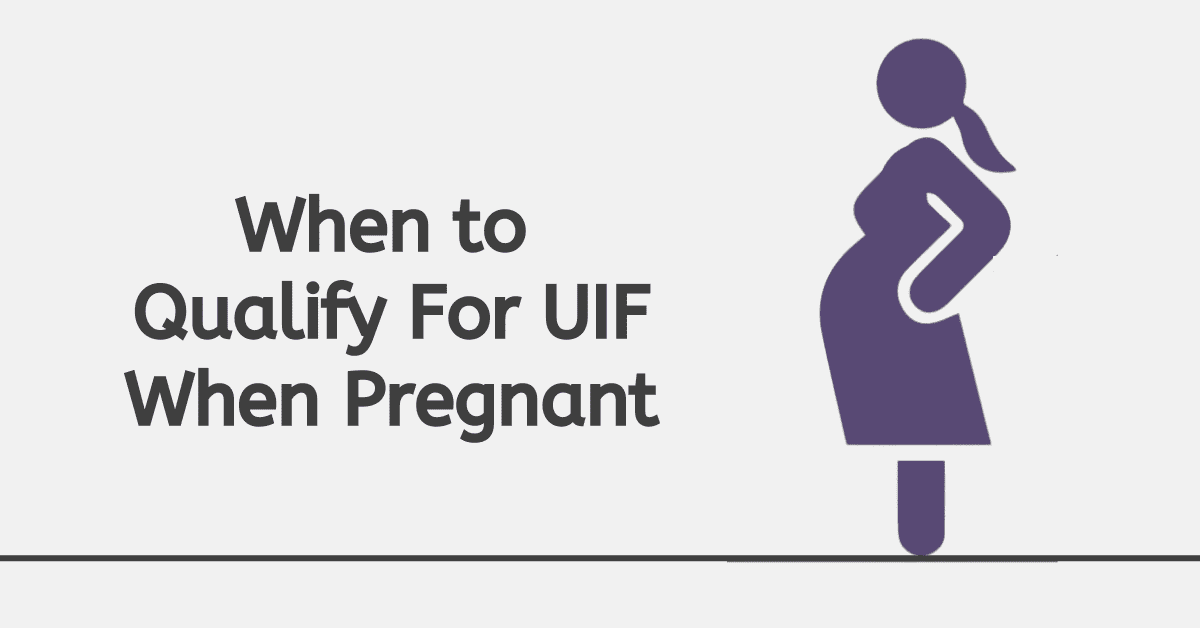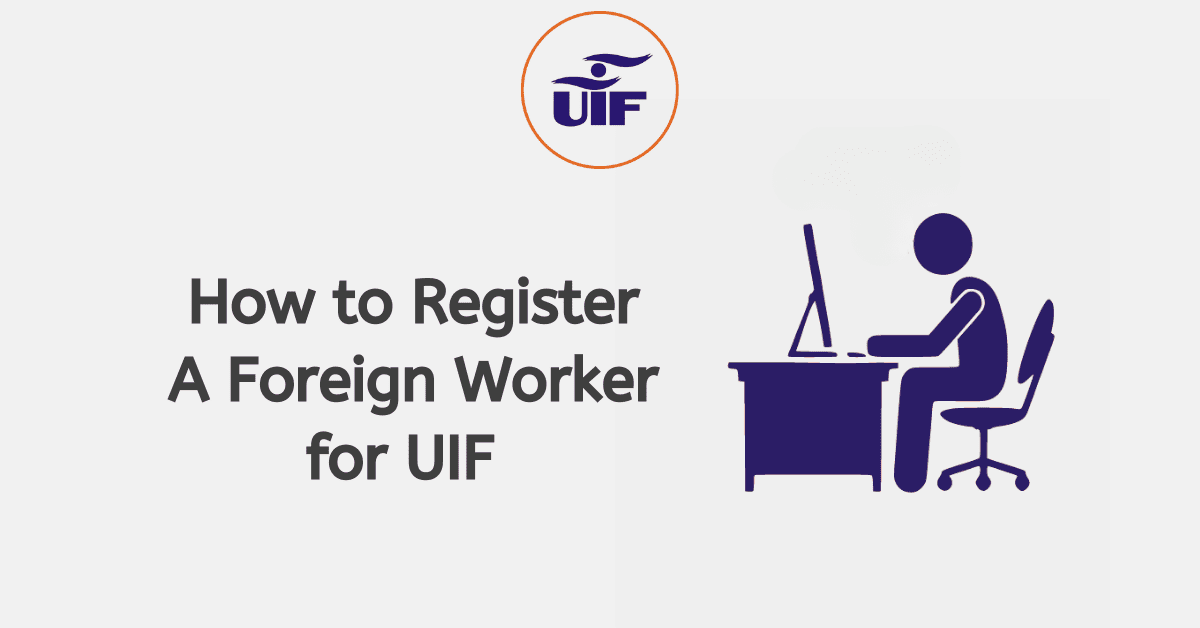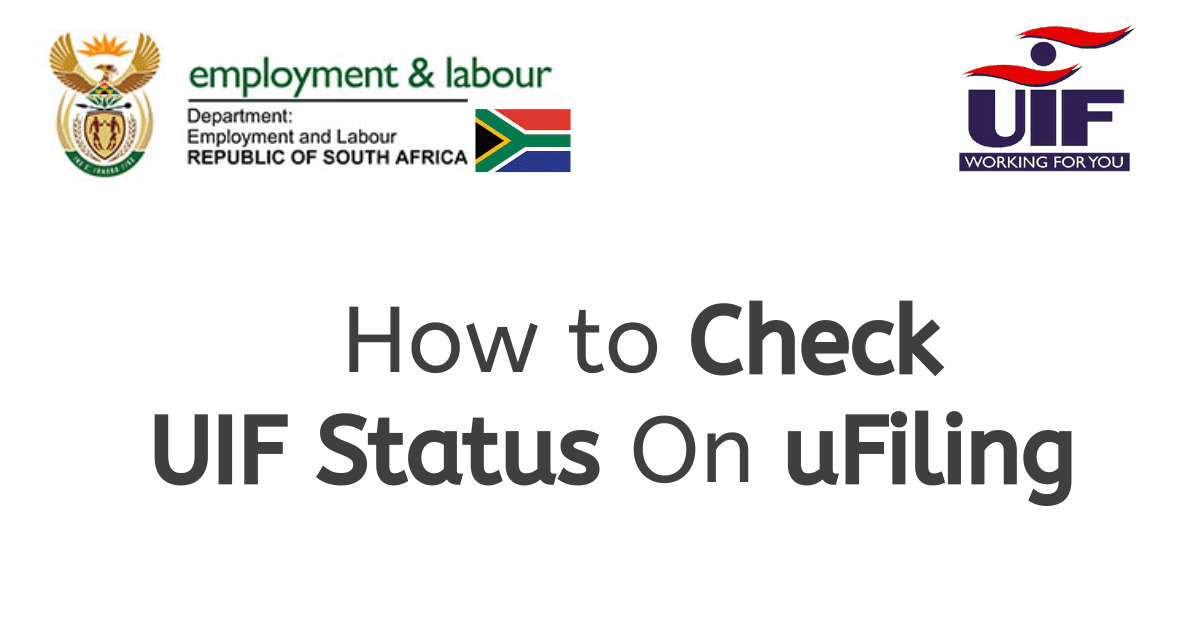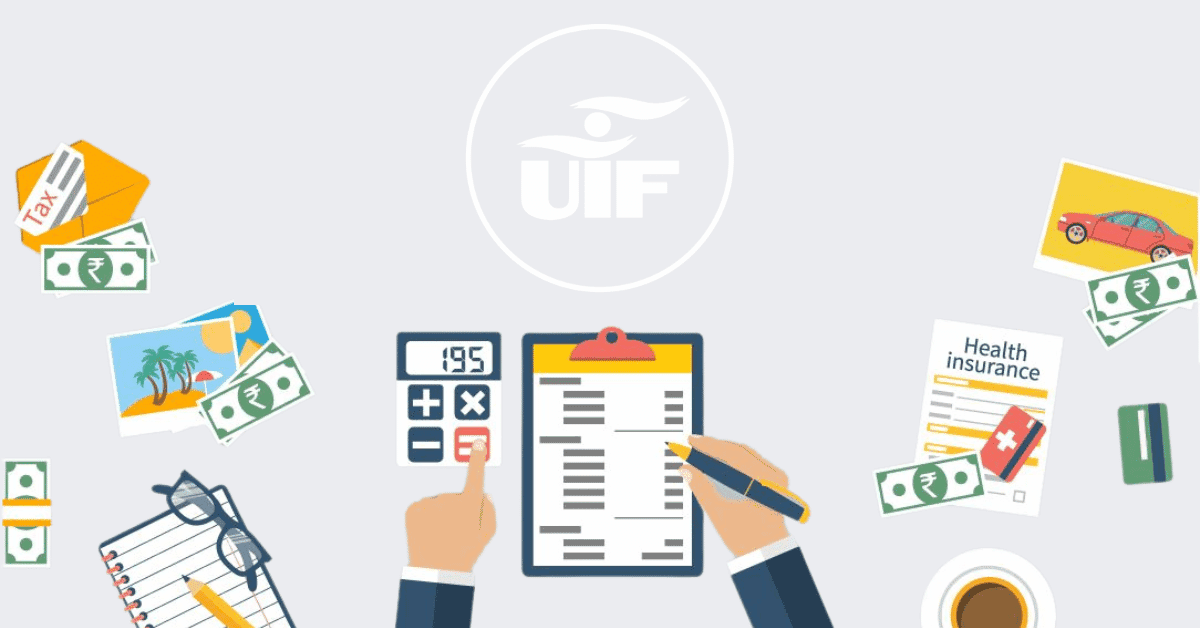Although retrenchments are common, the good news is that the Unemployment Insurance Fund (UIF) is there to provide a safety net to the affected people. UIF is meant for retrenched individuals because of factors beyond their control. If you have absconded from work, resigned, or been suspended, you cannot claim UIF. However, it is vital to note that the individuals who contribute to the fund during their employment are the only ones eligible to claim UIF
Employers who do not pay the money to the fund make it difficult for their employees to claim benefits in a time of need. Therefore, you should ensure your employer contributes to the fund on your behalf. This article will explain the measures you can take to report an employer for not paying UIF.
How To Report An Employer For Not Paying UIF
To qualify for UIF benefits, you should be employed as a domestic worker or in any other setting where you work more than 24 hours per month. You should also contribute about 1% of your monthly earnings to the fund, and the employer must pay on your behalf. Your employer is responsible for paying the contributions to UIF each month. The employer must also register each employee with the UIF.
If you meet all these conditions, you can claim UIF benefits. If you realize that your employer has not registered you or is not paying UIF, you can report them to the Department of Labour. You can make a report through the department’s website or call 080 003 0007.
When you report your case to the Department of Labour, you should provide all the details about your employer, including company name, contact number, address, and UIF reference number. The department will calculate all the outstanding payments to the fund together with interest. It also enforces the law to ensure that the defaulting employer pays on time.
You should not be afraid of reporting your employer since the law is there to protect you. If you are victimized by your employer, or you lose your job, you can go to CCMA. All employers who deliberately ignore registering their workers or victimize them often face harsh penalties.
What Can I Do If My Employer Did Not REGISTER Me For UIF?
Many employers are yet to register their workers for UIF even though they are deducting money from their employees’ wages or salaries. If you want to check whether you are registered with UIF or not, you can go to your nearest Labour Department office. Make sure you have your ID and you know your UIF number. They will find means to assist you if you don’t know the UIF number.
When you present your details to the officials at the department, they will check if you are registered for UIF and if your employer is paying your monthly contributions. The Department of Labour has a sub-unit called ’employer audit’ responsible for calculating the money owed to the fund and interest. Then after, the law is enforced to compel the employer to pay.
If your employer has not registered you f or UIF, you must report them to the Department of Labour. You can call 080 003 0007 or visit the department’s website. You should not always assume that you are registered since other employers can ignore or forget, although they will deduct money from your wages. Therefore, you should check your UIF status
Why Is My UIF Not Paying Out?
There are different reasons why your UIF may not pay out the benefits you are entitled to. The common reason is that the employee may not be registered with UIF. Sometimes, the verification process can take longer, affecting the payment of UIF benefits. Employers can make applications, but all details must be verified first. Inconsistences such as wrong details of the employees can lead to delays in UIF payment.
If employees provide incorrect banking details, it means their payments will be delayed. Again, if the employer gives false reasons for the termination of employment on the UIF declaration, your payment is likely to be affected.
How Do I Know If My Employer Has Paid UIF?
You must register for UIF to qualify for benefits, and you can do this on its website. Your employer must perform the registration, but you can also do it online or collect a form from the Department of Labour. Fill in the form and submit it to the department for processing.
Once registered, you can check if your employer has paid UIF by following the steps below.
- Visit www.ufiling.co.za
- Click on the ‘Register’ tab.
- Follow the instructions you will receive via email or SMS
- Answer all questions and provide your details
- Use the details you have provided to log in to the UIF website.
- Once you activate your profile, visit ‘Employment’ and click on the ‘View My UIF Contributions’ tab.
- Click on the tab ‘Get Declarations’. You will be directed to a screen showing the months listed but does not indicate the exact figure contributed. If the information about your pay for a specific month is listed in green, this indicates your employer is paying up your UIF deductions. If the information is listed in grey, it will still be pending, so you must check later for confirmation. If it is written ‘No Information’ in red means your employer has not paid your UIF contribution for that particular month.
You can also check if your employer has paid UIF by visiting your nearest Labour Department. The clerk at the department can help check whether you are registered for UIF or not and if the employer is paying your contributions. Make sure you have your ID and UIF registration number.
UIF plays a crucial role in protecting employees by providing the necessary benefits when they are out of work. However, to be eligible for coverage, you must be employed, and your employer must register you for UIF. The steps outlined in this post can go a long way in helping you ensure that you are registered for UIF and that your employer is paying your monthly contributions.

